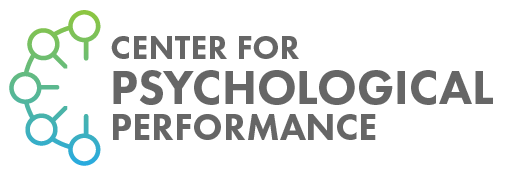You Are What You Scroll: Fueling Your Brain Like Your Body
Think about how you fuel your body. When you are getting ready for a training session or a big game, do you fuel yourself with soda, chips, and candy? NO! You eat nutrient rich foods that have the protein, fat, and carbohydrates to allow you to perform at your best.
Now think about how you fuel your mind. Are you being as intentional in providing it with high-quality and enriching nutrients so that it can perform at it’s best?
Cal Newport, Georgetown professor and author of several books, coined the phrase “digital Dorito” when talking about social media. Social media, just like Doritos, can be incredibly delicious, but are often addicting (who has just one?!) and rarely leave you feeling full. Instead, you find yourself hunting for another bag and shoving more in your face.
As an athlete, you have been putting in so much work to fine-tune your technique and to give your muscles all that they need to get stronger and better able to handle the workload required in your sport. You spend a crazy amount of time and energy ensuring you get the necessary sleep and hydration to perform at your best when it matters most.
Do you treat your attention like your muscles – something to train and protect?
Are you willing to give up the mental junk food so that your mind can perform as well as your body?
You likely already know what happens if you try to train or compete on a consistently poor diet of candy, ultra-processed foods, and soda. It leads to quicker fatigue, lack of strength, inability to recover, injuries, and overall underperformance. When you have a digital diet that consists mostly of “digital Doritos,” it leads to similar impacts. You have less ability to stay focused, you have more anxiety, you compare yourself to others more often, you struggle to see yourself as a whole person (rather than just your athlete self), and your brain stays outside of your body as you think more about how others perceive you than actually playing.
Crappy diet – physical or mental – results in crappy performance.
Ready to overhaul your mental diet?
Here are 3 strategies to help you fuel your brain more effectively.
Digital meal prep
Schedule the time in which you are going to use social media or other mental junk food (essentially anything that operates on an algorithm). This way you get to be more intentional about when you enjoy your mental junk food (think similar to a “cheat day”) while ensuring that it isn’t impacting your performance.
Mental protein
Consider adding in more nutritious mental food, such as longer-from media content (movies, documentaries, or TV shows), long-form written content (books, articles, magazines), or journaling. These options aren’t quite as quick and easy, but they are more filling and help boost your performance.
Pre-game and post-game meals
Just like your body needs particular things before and after you train or compete, so does your brain. Think about what your brain needs to prepare for competition and how it can recover afterwards. Before training/competitions, you might need to lock in through journaling, meditating, or connecting with teammates. After competitions, you might want to journal again (reflecting on your performance), listen to music, or watch a movie with friends.
You’ve already committed to fueling your body for peak performance — now it’s time to do the same for your brain. Be intentional. Be protective. Be wise about what you consume. Because at the end of the day, your focus, confidence, and resilience depend on it.
You are what you scroll. So, what’s fueling you?
Want help making a change in your mental diet? Work with Dr. Lindsey today!


